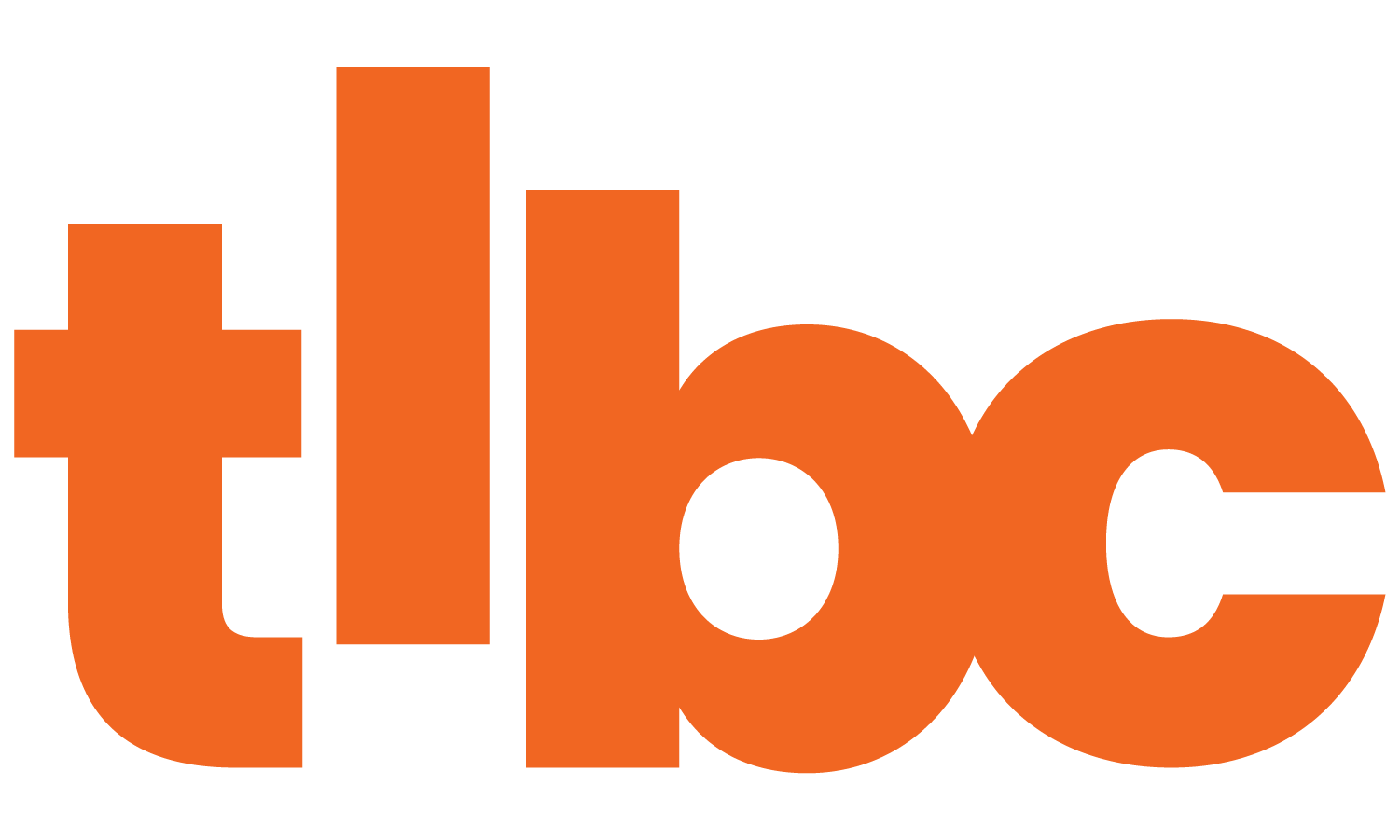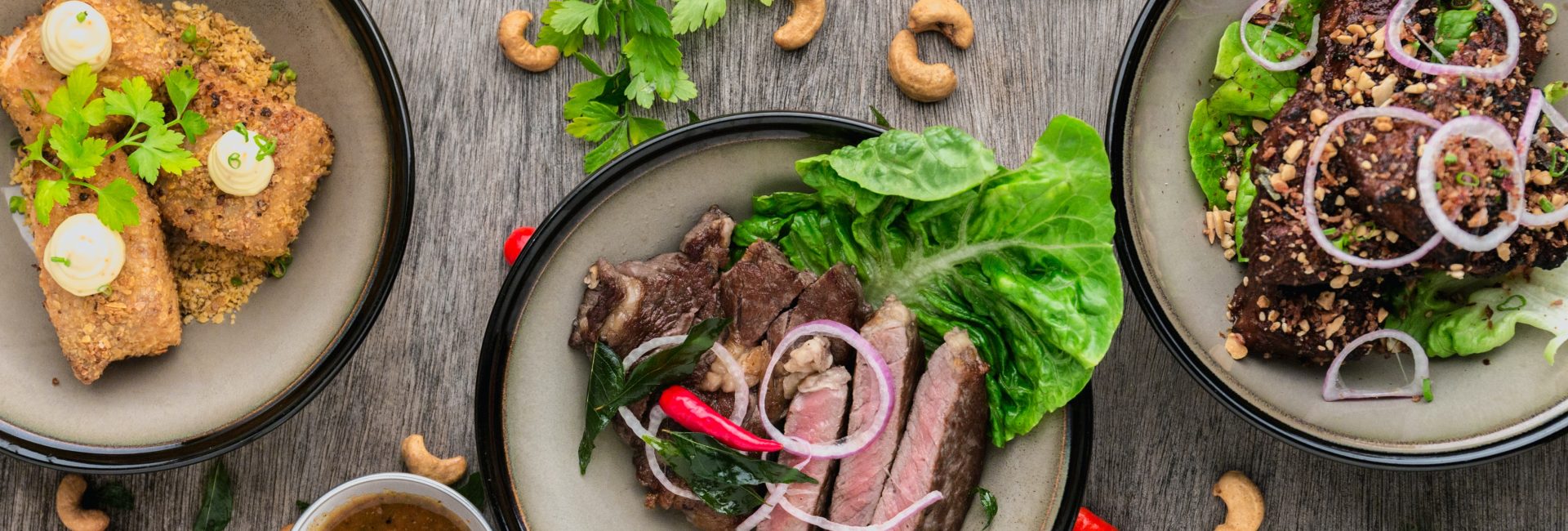Eating consumes a lot of our time (no pun intended). Cooking, stopping for fast food, grocery shopping. Food is cultural.Food is also a tool used by companies to shame us into buying into their restrictive fad diets.
In this episode, we’re going to dissect the idea of good vs. bad foods. We’re going to explore what it is to have a neutral attitude toward food while still making healthy choices and nurturing your body.
Here are two reasons why you should listen to the full episode.
- Learn what it means to have a neutral attitude toward food.
- Discover the importance of moderation.
Resources
- Listen to all TLBC episodes ad-free and get access to exclusive episodes when you join TLBC+!
- Do you need a step-by-step guide to build consistency in your life? Get a copy of The Consistency Code here!
Episode Highlights
What Are the Basics of Understanding Our Food?
- Let’s just break it down first. Across the board, we find carbohydrates, vitamins, minerals, fats, protein, fiber, and water in the things that we eat.
- These are found to varying degrees.
- Some foods give us more energy, while others make us feel sluggish and cause us to feel bloated.
How Can Food Be Morally Neutral?
- When we stop talking about food as “good” or “bad,” we realize that it is just food.
- There are some foods that make us feel great when we eat them and that provide excellent nutrition, while others make us feel sick and leave us feeling hungrier than before. Either way, you are not a bad person for the kind of food you consume.
- Instead of thinking of yourself as a good person or a bad person, remember that you are just a human trying to nurture your body.
How Can This Way of Thinking Benefit Us?
- This challenges the patterns of thinking that we get stuck in. For example, getting mad at ourselves for eating french fries isn’t going to get us anywhere. It isn’t going to change the fact that we made the decision to eat the french fries.
- While our worth is not determined by the kind of food we decide to eat, our health is.
- We deserve to be healthy and to feel good in our bodies. With this in mind, we can hope to make better decisions when eating.
How Can This Impact the Way We Eat?
- Notice what you’re reaching for throughout the day. Do you reach for more sugary food when you are sad? Food can very easily become a coping mechanism instead of a way to provide our body with nutrients and nourishment.
- Discover new coping mechanisms for your emotions so you aren’t making choices that negatively impact your health.
- Don’t give up on yourself if you choose to eat something that makes your stomach hurt or that isn’t healthy for you. Remove the emotional attachment and simply decide to make a better choice the next time. Then, follow that through and make a better choice next time.
- In addition to deciding to make better choices, we have to set ourselves up for success by eating consistently and well. Reach out to a nutritionist for more information on what to do for your specific body.
5 Powerful Quotes
- “Struggling with one’s relationship to food is common.”
- “With so many different types of diets and ways to measure whether something is good or bad for you, most of us would rather just give in, give up, and wait until next year’s resolutions.”
- “Rather than worrying about what is a good food or a bad food we should focus on listening to what our body tells us.”
- “Deriving our self esteem from the food that we have access to is not fair to ourselves.”
- “Our relationship with food and our bodies is dynamic and always evolving.”
Enjoy this Podcast?
If you enjoyed today’s episode of the Tiny Leaps, Big Changes Podcast, then hit subscribe and share it with your friends!
Want to give us a review? If you enjoyed tuning into this episode, then don’t forget to write a review. You can also share it with your loved ones so they can break down their relationship with food as well.
Have any questions or suggestions? You can contact me through Instagram or send your queries at TLBC’s website, Instagram, and Twitter.
Hosted By: Gregg Clunis | https://www.instagram.com/greggclunis/
Instagram: http://instagram.com/tinyleaps
Twitter: http://twitter.com/tinyleaps





